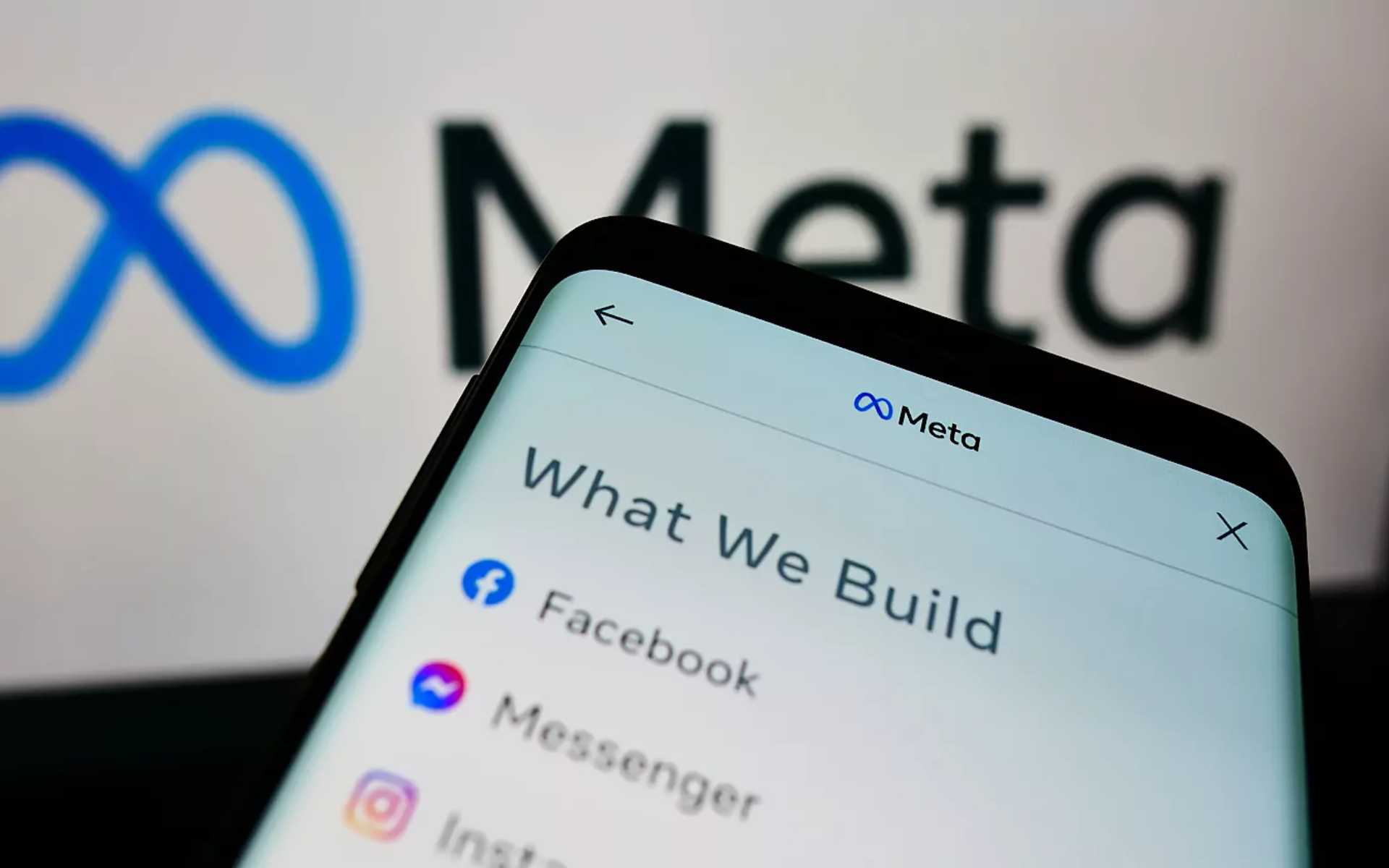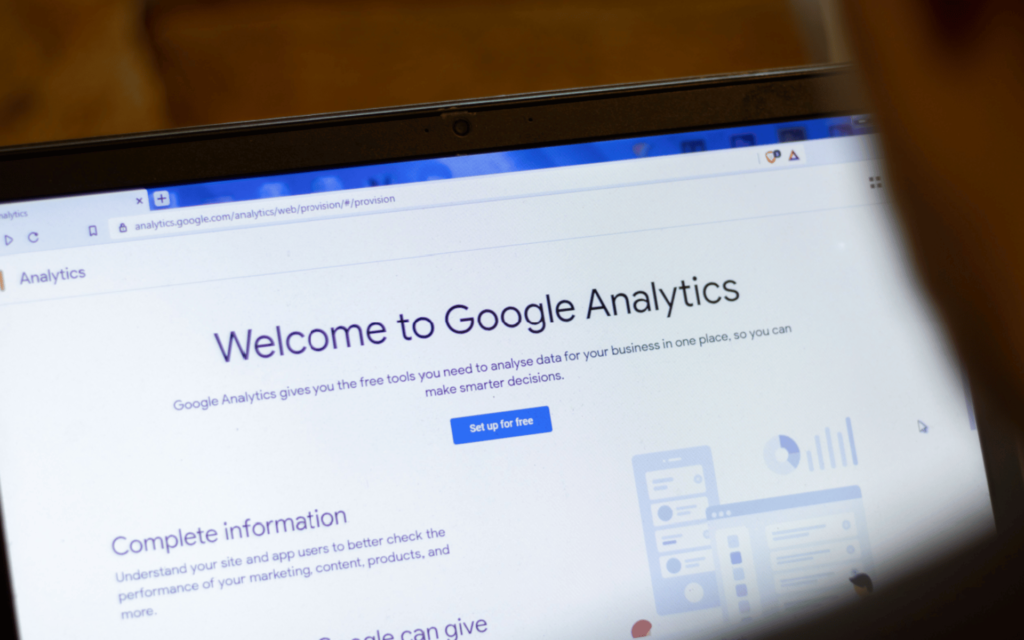Despite the benefits, GA4 integration has some limitations:
- Privacy Regulations: GA4 cannot track individual users due to privacy regulations, which affects the granularity of data.
- Attribution Model Constraints: The attribution models in GA4 have limitations, especially for longer sales cycles.
- Ad Impressions: GA4 does not account for ad impressions, potentially undervaluing upper-funnel campaigns.
As a result, some advertisers are turning to specialized (paid) attribution tools for more comprehensive tracking and analysis.



